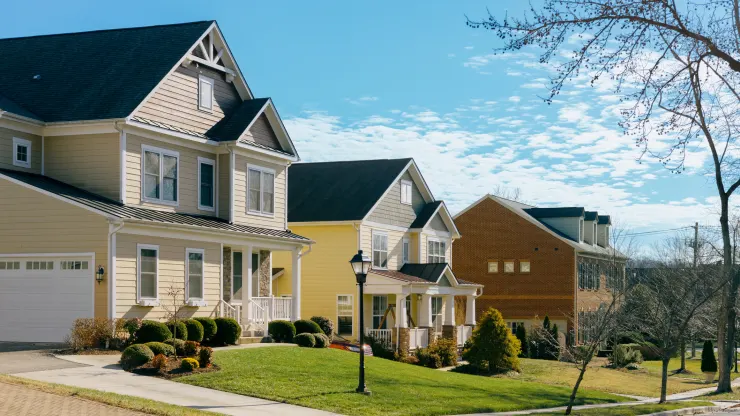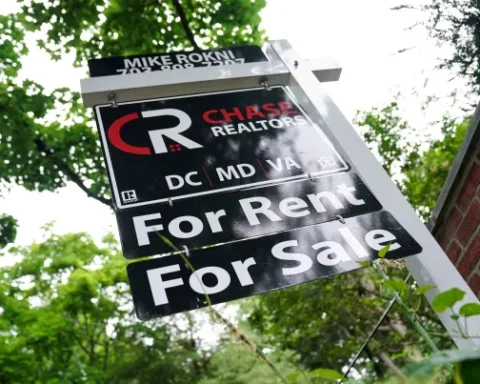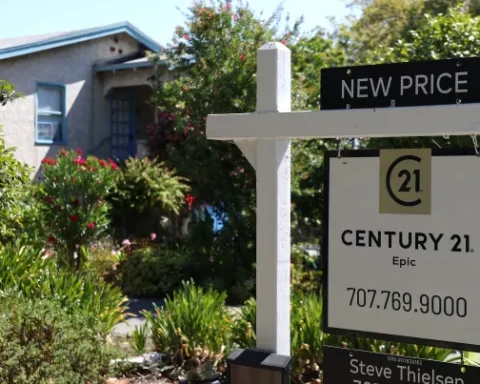As we enter 2024, the housing landscape presents a varied picture, with the top 10 hottest housing markets emerging across the South, Northeast, and Midwest. This analysis, presented by Zillow, sheds light on the complexities and implications of these “hot” markets for potential buyers. While cities like Buffalo, New York, lead the list due to anticipated job growth versus housing supply, the concept of a hot market transcends mere popularity, encompassing factors such as home value appreciation, selling time, and job market dynamics relative to housing availability.
The Dynamics of a ‘Hot’ Market:
Orphe Divounguy, a senior economist at Zillow, explains, “In markets where you’re going to have a ton more job creation than there is housing supply, you’re likely going to see homes move faster, stronger home value appreciation.” This insight is crucial for understanding these markets’ rapid pace and competitive nature. However, Divounguy cautions that a hot market is not always synonymous with market health, as it indicates intense competition among buyers.
In some regions, such as Florida, the market dynamics are influenced by demographic trends. Jessica Lautz, the deputy chief economist and vice president of research at the National Association of Realtors, notes that Florida’s appeal to baby boomers seeking warmer, tax-friendly retirement options is more than a stereotype. “The biggest share of homebuyers are baby boomers looking into warmer climates… They’re looking into warmer areas, favourable tax conditions, and better housing affordability,” she states. Holding significant wealth, this generation often enters these markets as cash buyers.
The Other Side: Cooling Markets and New Buyer Dynamics:
Conversely, the most incredible markets, like New Orleans, San Antonio, Denver, Houston, and Minneapolis, are declining home values due to reduced affordability and competitive heat. Lautz observes that Denver, once a pandemic hotspot for homebuyers, now grapples with affordability issues.
Interestingly, the millennial generation emerges as a significant demographic in the housing market, with many reaching their prime homebuying age and peak earning potential. Unlike baby boomers, millennials are motivated by employment opportunities and the flexibility of remote work, influencing their choices in the housing market.
The 2024 housing market landscape presents a mosaic of opportunities and challenges. From the bustling activity in markets like Buffalo to the cooling trends in cities like Denver, understanding these dynamics is critical for prospective buyers. Whether motivated by job growth, retirement plans, or affordability, navigating these markets requires a nuanced understanding of what makes a market hot or cool and how these factors align with individual needs and aspirations.







